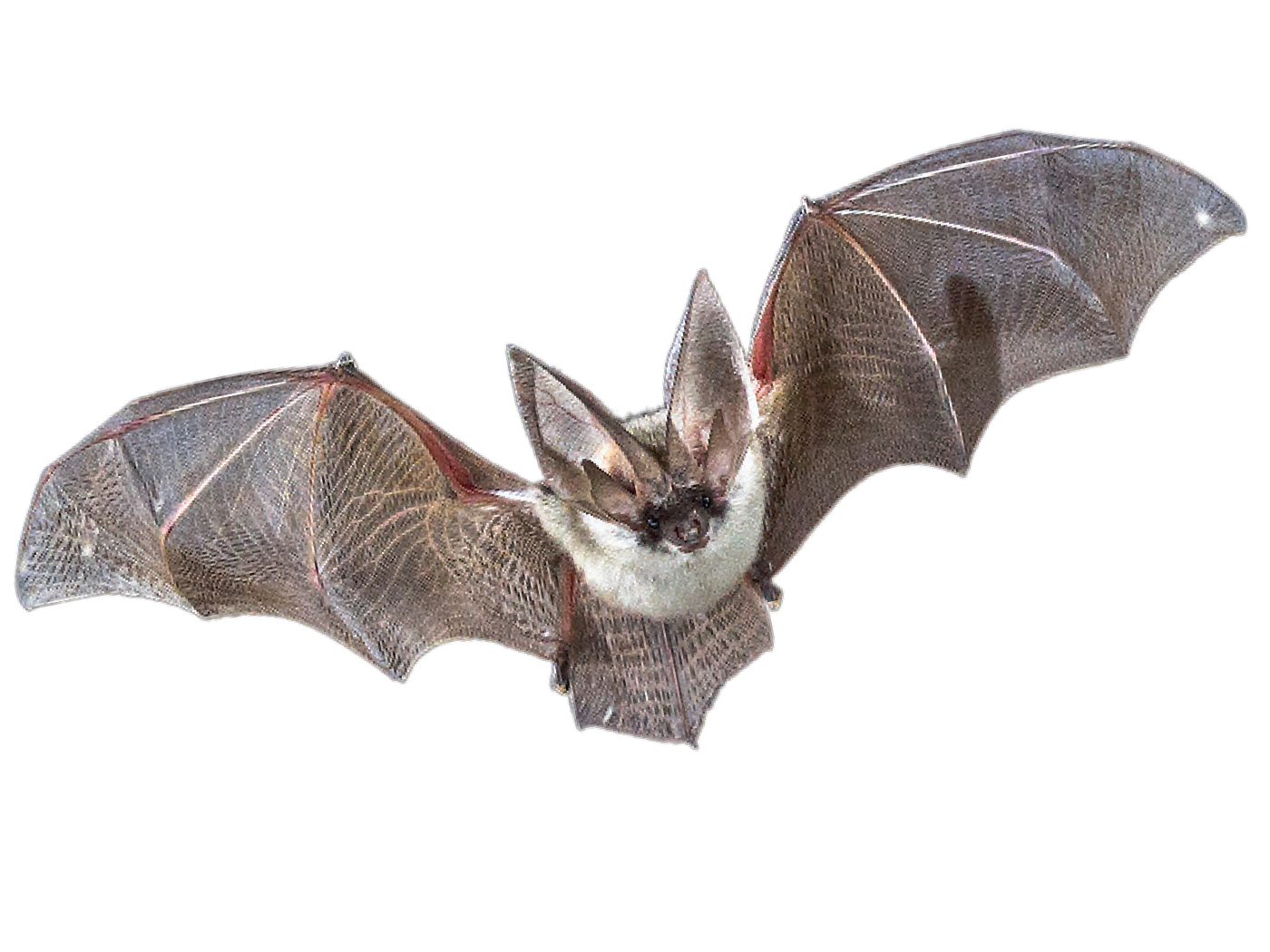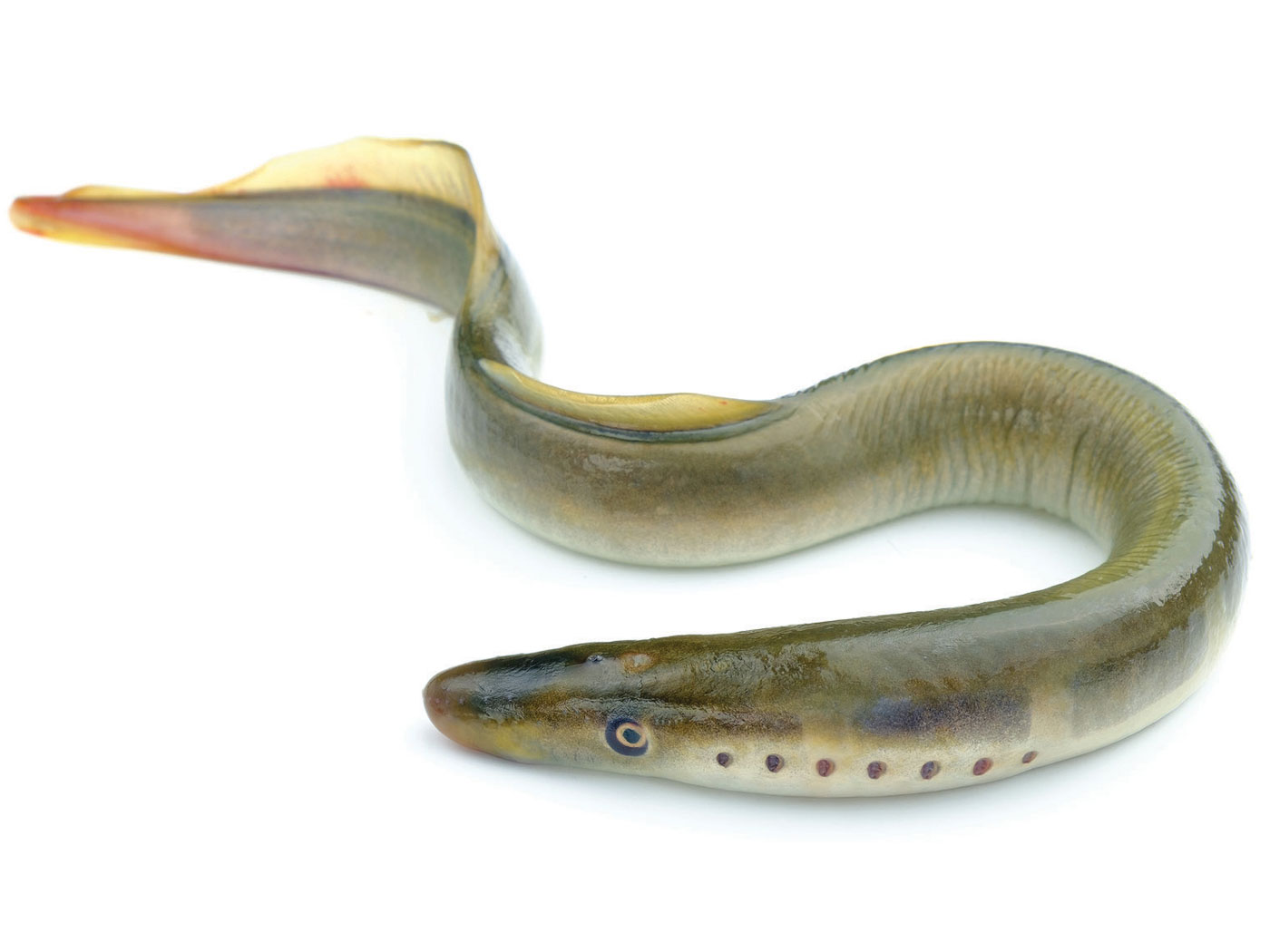"Unto the woman he said, . . . in sorrow thou shalt bring forth children. . . . And unto Adam he said . . . cursed is the ground for thy sake. . . . Thorns also and thistles shall it bring forth to thee. . . . In the sweat of thy face shalt thou eat bread." (Genesis 3:16-19)
Today's verses detail how God frustrated the blessings (Genesis 1:28) of childbearing and rule, yet they contain a silver lining of mercy, which the rest of Scripture reveals.
The curse applied to all of Adam's descendants: It was felt by Lamech long after Adam has died--"Lamech . . . begat a son: And he called his name Noah, saying, This same shall comfort us concerning our work and toil of our hands, because of the ground which the Lord hath cursed" (Genesis 5:28-29).
But another one of Adam's descendants, King David, praised God as though the Curse had been lifted: "thou hast put all things under his feet" (Psalm 8:6). How can a descendent of Adam speak this way? David must have been prophesying.
The writer of Hebrews agreed and pointed towards a partial fulfillment in Christ: "we see Jesus, who was made a little lower than the angels for the suffering of death, crowned with glory and honour" (Hebrews 2:9). Yet Psalm 8 anticipated more: "All things under his feet". This aspect of the prophecy will soon come to pass (1 Corinthians 15:20-28).
For those who are born again (organic language harkening back to Genesis 1:28), the freedom from the Curse (Revelation 22:3)--and a restoration of the blessings of "family" (Mark 10:29-30) and rule (Revelation 22:5)--await.
Why would God add pain to childbearing and rule? He did so to keep us from getting comfortable on earth and to induce us to seek the eternal restoration of the blessings of family and rule through Christ--an act of mercy in light of the pleasures to come. NTJ




















